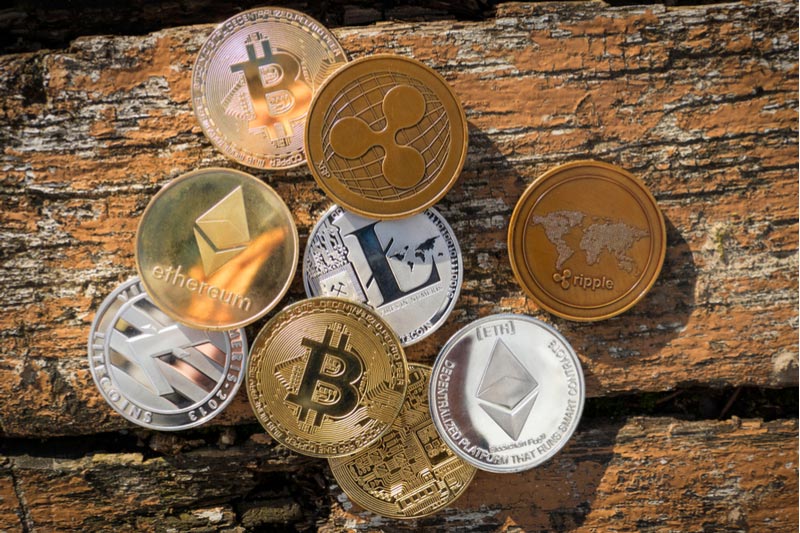Quantum Blockchain Technologies PLC (LON:QBT) recently changed its name from Clear Leisure, which was more than a cosmetic alteration. “Our investment programme is focused on selecting the most innovative and out-of-the-box start-ups in the blockchain and cryptocurrencies sector, with whom we will work alongside to develop exciting synergies,” it said.
Below is an abridged transcript from a recent conversation with chairman Francesco Gardin, which provides a flavour of what is planned. After that is a brief explainer on quantum computing.
Tell us more about Quantum Blockchain Technologies
Let's focus on quantum [computing] first. There are few things that changed the course of mankind. Recently we witnessed the digital revolution; in the early 60s, computers were basically invented thanks to the transistor. And we are now very close to a similar revolution. [Quantum computers] could do something which are orders of magnitude superior to our digital computers. So, when you have this unlimited amount of computing power, you have no more boundaries to what you can do.
What sort of R&D have you started?
We are building a new team. If you want to use an analogy, then Formula 1 is a good one. We are trying to build the number-one car. So, we need a workshop, excellent engineers, and excellent drivers. And that is exactly what we're doing. We're setting up a workshop. Of course, it will not be a physical one, but a very well-protected data centre. We are setting up a team of experts; former students from the UCL in London and physicists from Milan University. So, we are putting together an excellent team of experts to work on our R&D. We are already working in the direction of using quantum computers and deep learning to explore mega terabytes of data related to, for example, cryptocurrencies and designing new ASIC chips. So, I mean the amount of R&D that we're going to pour into this company is massive.
When can we expect to see the first results?
Our strategy is one where we will deliver intermediate results that are very attractive not only for our own use but might also be useful for other companies too. So, some of our research will be medium- and long-term. Other parts of our research will be short-term that can be exploited with the right partner.
What is quantum computing?
The mechanical and electrical interaction of a traditional computer can be distilled down to an on-off switch; or the ones and zeros that make up the binary code that powers the ‘digisphere’. These are called bits. Quantum computers use quantum bits or qubits and tap into the unique ability of subatomic participles to exist in more than one state at the same time. Insert exploding head emoji here. Long story short, using superposition (the aforementioned ability to exist in multiple states) and a process called entanglement (really, don’t ask there’s a link here), quantum computers can handle exponentially more data than the current supercomputers.
So, what’s the problem?
“Quantum computers are exceedingly difficult to engineer, build and programme,” an article in the Scientific American says.
“As a result, they are crippled by errors in the form of noise, faults and loss of quantum coherence, which is crucial to their operation and yet falls apart before any nontrivial program has a chance to run to completion.”
And Quantum supremacy?
It’s the point at which the quantum computer outperforms a traditional supercomputer.
Anyone we known involved in this?
Google (NASDAQ:GOOGL) in 2019 claimed it had passed the supremacy milestone – one identified as early as the 1980s. “This is a wonderful achievement. The engineering here is just phenomenal,” Peter Knight, a physicist at Imperial College London to the NewScientist magazine. “It shows that quantum computing is really hard but not impossible. It is a stepping-stone toward a big dream.”
